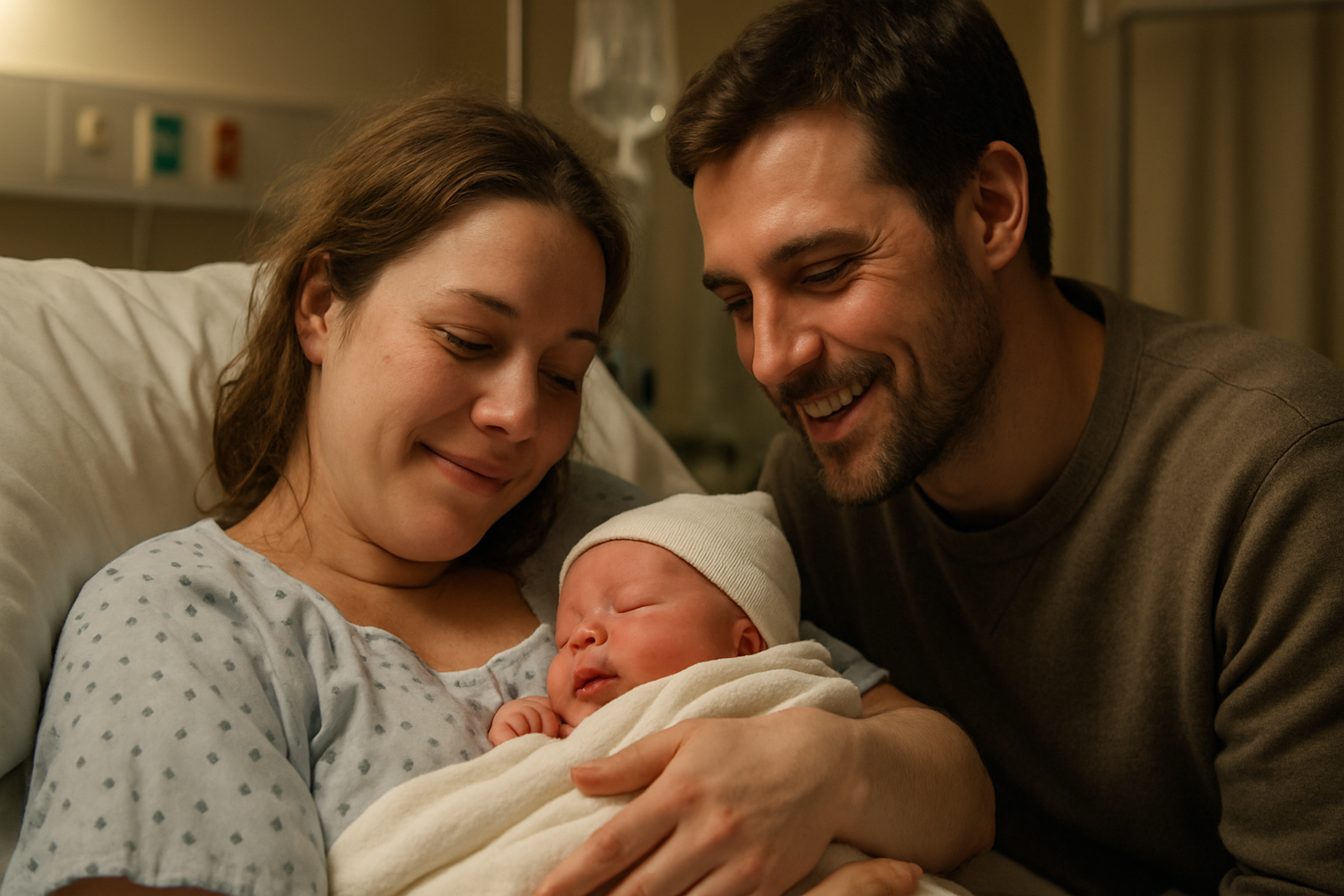In a defining moment for constitutional law and civil rights, a federal appeals court ruled on July 23, 2025, that President Trump’s executive order attempting to end birthright citizenship is unconstitutional. The court reaffirmed that the 14th Amendment guarantees citizenship to all persons born on U.S. soil, regardless of their parents’ immigration status.
While the Trump administration argued the order would “protect American sovereignty,” the court ruled that such an act would violate one of the most foundational rights in U.S. law—a right rooted deeply in the nation’s post-slavery history.
Let’s take a look at how this ruling connects to America’s past, how it affects today’s families, and the risks we’d face if this order had been allowed to stand.
Historical Oddities: Birthright Citizenship & the Legacy of Slavery
The principle of birthright citizenship is not just about immigration—it’s deeply rooted in the fight for equality after slavery. Here are 4 powerful historical connections:
-
Born from the Ashes of Slavery (1868)
The 14th Amendment was ratified in 1868 to grant citizenship to formerly enslaved African Americans, many of whom had been denied full personhood under the law.
-
The Dred Scott Decision’s Dark Shadow (1857)
Before the Civil War, the Supreme Court ruled in Dred Scott v. Sandford that enslaved Black people could never become U.S. citizens. The 14th Amendment overturned that injustice by ensuring that birth, not bloodline, determined citizenship.
-
Freed but Not Recognized
Even after emancipation, formerly enslaved individuals were not automatically considered citizens. Birthright citizenship was a crucial legal step in recognizing their humanity and full participation in American life.
-
Birthright as an Antidote to Generational Oppression
Without birthright citizenship, generations of African Americans—descendants of slaves—could have remained stateless, vulnerable to exploitation and denied the basic rights of residency and voting.
Today’s Citizens: Who’s Affected by This Ruling?
While the Trump administration framed this order as a border policy, it would have impacted millions of U.S.-born individuals. Here's how:
-
Children of Immigrants
Families who have lived in the U.S. for years—many of them tax-paying and community-contributing—would have seen their children stripped of citizenship at birth.
-
U.S. Military Families Abroad
Children born to American service members stationed overseas could have faced complicated hurdles in being recognized as U.S. citizens.
-
Legal Residents Facing Uncertainty
Even families with green cards or legal residency could have been subjected to endless bureaucratic nightmares.
People of Color
The order disproportionately targeted Latino, Black, and Asian families, amplifying the perception that citizenship is “conditional” based on ethnicity.
If It Had Passed: 5 Ways This Order Could Have Done More Harm Than Good
Had the executive order succeeded, here’s what the country might have faced:
-
Mass Statelessness
Millions of children born in the U.S. would have been left without any nationality, creating legal limbo and humanitarian crises.
-
A Surge in Discrimination Lawsuits
The order would have fueled systemic racial profiling, likely resulting in widespread civil rights violations.
-
Erosion of Constitutional Protections
Once a core amendment like the 14th can be bypassed by executive order, no civil right is truly safe.
-
Economic Instability
Many undocumented parents with citizen children participate in the workforce. Undermining their children’s citizenship could destabilize entire communities and local economies.
-
Global Reputation Damage
Revoking birthright citizenship would have signaled to the world that the U.S. no longer upholds basic human rights or its own Constitution.
Why Fortified Living Supports the Court’s Decision
At Club Fortified, we believe in honoring the historical journey of those who fought—and continue to fight—for freedom, dignity, and recognition in America. The right to birthright citizenship isn’t just a technicality; it's a hard-won protection against centuries of exclusion and abuse.
As a community grounded in truth, inclusion, and resilience, we must be vigilant whenever those values are under threat.
What You Can Do:
- Educate your family and friends about the history of the 14th Amendment.
- Support organizations that protect immigrant rights and civil liberties.
- Contact your representatives and tell them you support birthright citizenship as a non-negotiable American value.



0 comments